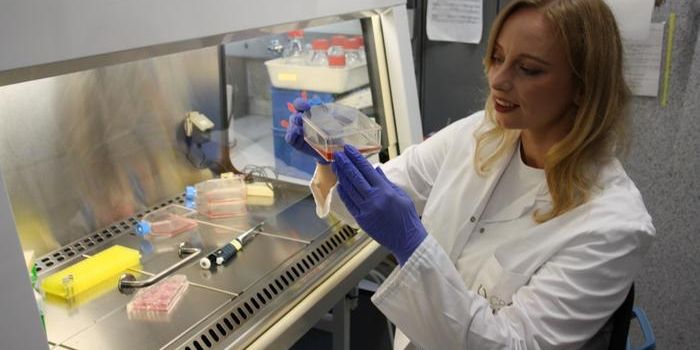Prenatal Fentanyl Exposure Leads to Certain Physical Features in Babies
A small study has identified common features among infants born to women who used fentanyl during their pregnancies. This report, published in Genetics in Medicine Open, has suggested that these cases indicate the emergence of a new syndrome caused by this situation.
This study began last year when a group of clinicians and a genetic counselor observed common facial features and physical characteristics in several babies who had been referred to Nemours Children's Hospital in Delaware by local intensive care units, or brought into the hospital due to feeding difficulties. Six of these kids were enrolled in a study that evaluated their symptoms in more detail. Later, four other children were added to the cohort.
All of these babies had short stature, small heads, and certain facial features like a cleft palate. These infants also had broad thumbs, genital organs that had not formed properly, fused toes, and what is known as rocker bottom feet, said senior study author Karen W. Gripp, MD, Chief of the Division of Medical Genetics at Nemours Children's Health. These children also had a single palmar crease, which is a line that extends across the hands and is usually formed by two fused lines.
Genetic tests were performed to rule out other potential diagnoses including a rare genetic disorder known as Smith-Lemli-Opitz syndrome, which is outlined in the video. An analysis of facial features was also done with a tool called GestaltMatcher; this showed that the children were not affected by fetal alcohol syndrome. Once these other diagnostic options were eliminated, the researchers started to think that they were dealing with a new syndrome, ass Gripp.
Fentanyl is an extremely powerful opioid that is able to cross the placental barrier. It has been shown to cause birth defects. Although the mothers of all of the children in this study admitted to fentanyl use during pregnancy, little is known about the details, such as when they used and how much they took. Gripp noted that additional work will be needed to confirm that this new syndrome is due to fentanyl and not some other substance or drug.
This study also only focused on ten kids, some of whom are receiving follow-up care while one has died. Gripp said that other anecdotal reports about these same issues have surfaced, and this syndrome may have a range of impacts on children.
"Given the fentanyl use epidemic, it is important to recognize this condition," Gripp said. "Analogous to prenatal alcohol exposure causing fetal alcohol syndrome with long-term physical and developmental consequences, this novel condition may impact many infants in life-changing ways."
Sources: Nemours Children's Health System, Genetics in Medicine Open









